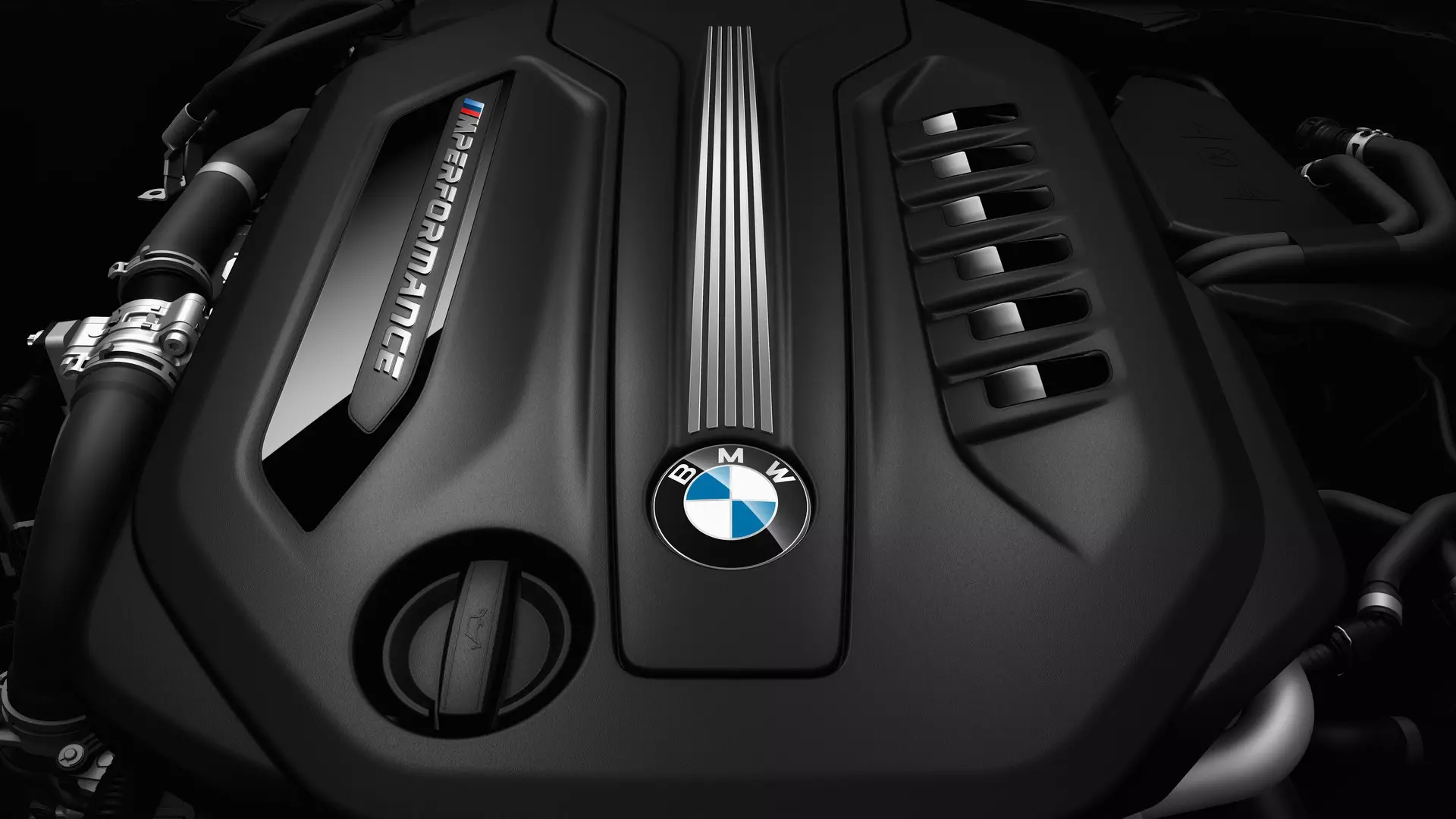The statement came out on the sidelines of the #NEXTGen event in Munich and is nonetheless an antithesis to the ideas that currently prevail in the automotive industry. For BMW, the combustion engines have not yet "had their last" and for that very reason the German brand intends to continue investing heavily in them.
According to Klaus Froelich, member of the BMW Group's development direction, “in 2025 at best around 30% of our sales will be electrified vehicles (electric models and plug-in hybrids), which means that at least 80% of our vehicles will have an internal combustion engine”.
Froelich also stated that BMW predicts that diesel engines will “survive” for at least another 20 years. The German brand's forecasts for gasoline engines are even more optimistic with BMW believing that they will last at least another 30 years.

Not all countries are ready for electrification
According to Froelich, this optimistic scenario for combustion engines is due to the fact that many regions do not have any kind of infrastructure that allows them to recharge electric cars.Subscribe to our newsletter
The BMW executive even said: "we see areas without a recharging infrastructure, like Russia, the Middle East and the hinterland of western China and all of them will have to rely on gasoline engines for another 10 to 15 years."
Klaus Froelich, member of the BMW Group's Development BoardThe move to electrification is overly advertised. Battery-powered electric vehicles cost more in terms of raw materials for batteries. This will continue and could eventually get worse as demand for these raw materials increases.
Bet on combustion, but reduce supply
Despite still believing in the future of the combustion engine, BMW plans to reduce the power supply offer. Thus, among Diesels, the German brand plans to abandon the 1.5 l three-cylinder as the cost of bringing it into compliance with European anti-emissions standards is too high.
Also the 400 hp variant of the six-cylinder with four diesel turbochargers used by the X5 M50d and X7 M50d has its days numbered, in this case due to the cost and complexity of producing the engine. Even so, BMW will continue to produce six-cylinder diesel engines, however these will be limited, at best, to three turbos.
Klaus Froelich, member of the BMW Group's Development BoardThe six-cylinder engines associated with plug-in hybrid systems already deliver over 680 hp and enough torque to destroy any transmission.
Among the gasoline engines, after we noticed that BMW would still keep the V12s for a few more years, its destiny seems to have been set. The costs of bringing the V12 up to increasingly stringent anti-pollution standards mean that it too will disappear.
Nor do the V8s seem to be guaranteed to last much longer. According to Froelich, BMW is still working on a business model that justifies its maintenance in the portfolio.
